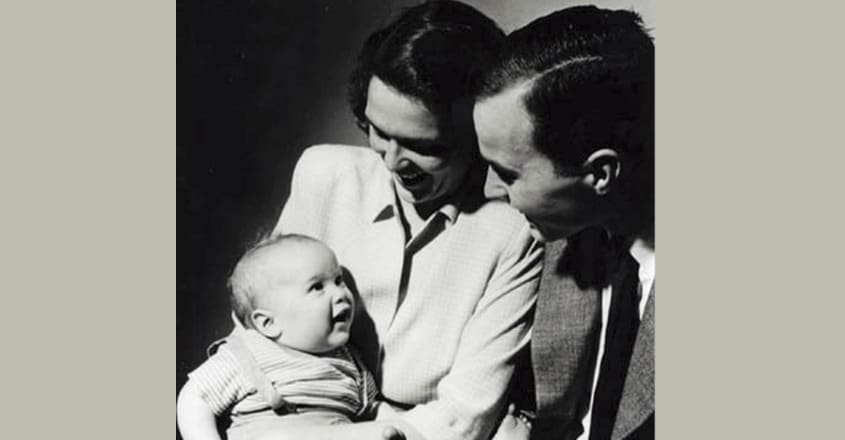Bush Sr: US Prez who ended Cold War, routed Saddam Hussein

Mail This Article
George Herbert Walker Bush, the Connecticut Yankee who came to Texas to be an oilman, died as the patriarch of a Republican political dynasty. His son George Walker Bush (or George Bush Junior) was president from 2001 to 2009, making them only the second father and son to hold the office, after John Adams (1797-1801) and John Quincy Adams (1825-1829).
His second son, Jeb, launched his own campaign for the presidency in 2015 before dropping out in February 2016. Bush's father, Prescott Bush, had been a senator from Connecticut.
George Herbert Walker Bush (or George Bush Senior) had first sought the presidency in 1980, campaigning on experience gathered as a US congressman from Texas, envoy to China, director of the CIA, UN ambassador and chairman of the Republican National Committee.
Ronald Reagan, the former actor and California governor, vanquished him in the Republican primaries but chose Bush as his running mate, hoping Bush's reputation as a moderate would balance his own hard, conservative image.
After two terms in the Reagan White House, Bush ran for the presidency again in 1988 and defeated Dukakis by winning 40 of the 50 states.
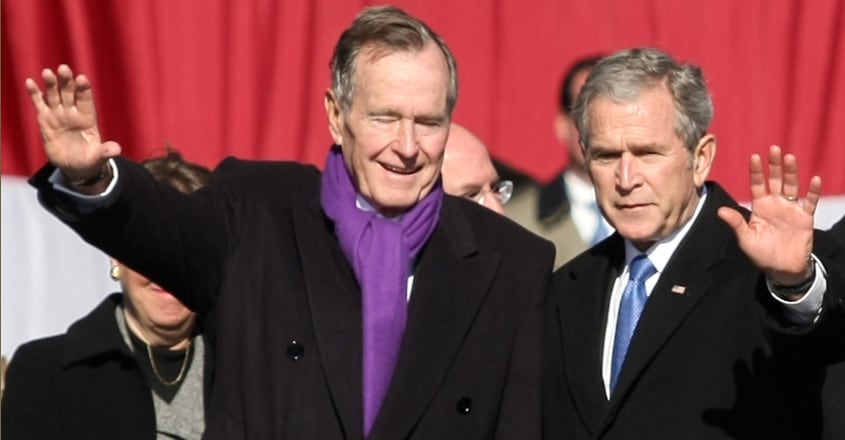
The high points of Bush's presidency included the end of the Cold War, a decisive victory over Saddam Hussein's Iraqi army in 1991, along with the soaring popularity it won him at home, and progress on Middle East peace.
But Bush's foreign affairs victories were overshadowed by a stagnant economy at home. He broke his 'read my lips' pledge not to raise taxes and lost his 1992 re-election bid to Clinton.
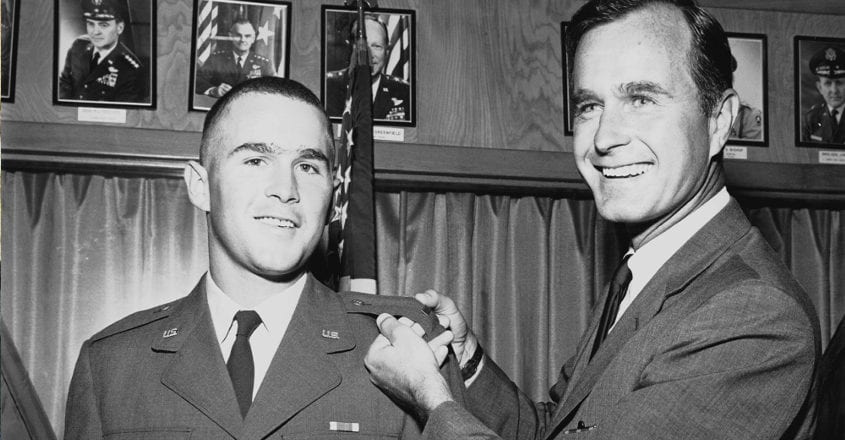
Bush, who was born June 12, 1924, in Milton, Massachusetts, grew up wealthy, attending elite schools but putting off college so he could enlist in the Navy at 18. He flew 58 missions off carriers in World War Two and survived being shot down over the Pacific.
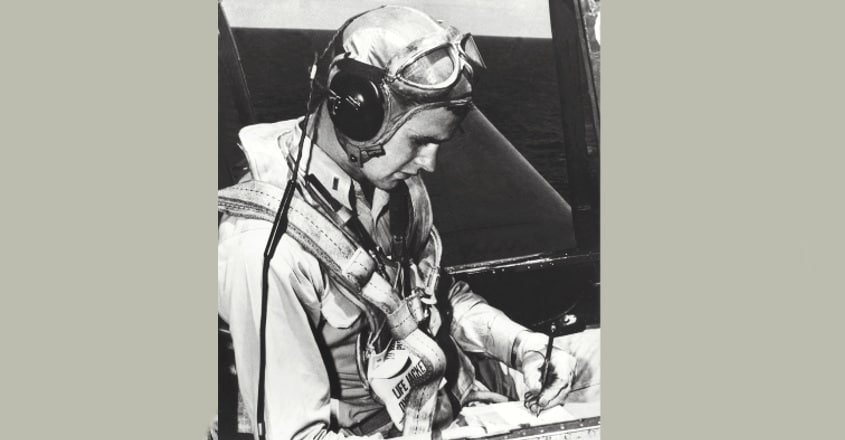
After returning from the war, he married Barbara Pierce, with whom he would have six children. After he graduated from Yale on an accelerated schedule, the Bushes headed to the oil fields of West Texas.
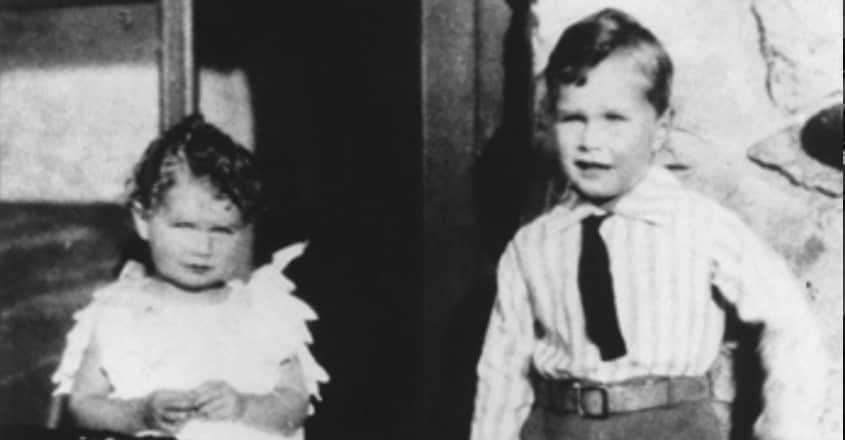
It was there that Bush became involved in politics, first losing a US Senate race in 1964 before winning election to the US House of Representatives in 1966.
After two terms and another failed Senate bid in 1970, he was appointed by President Richard Nixon as US ambassador to the United Nations. In 1974, President Gerald Ford made him an envoy to China and later director of the Central Intelligence Agency.
Bush did not endorse fellow Republican Trump, the eventual winner of the 2016 presidential election, who attacked both Jeb and George W Bush during his campaign. He did not publicly say whom he voted for in the election, but a source told CNN he went for Trump's Democratic opponent, Hillary Clinton.
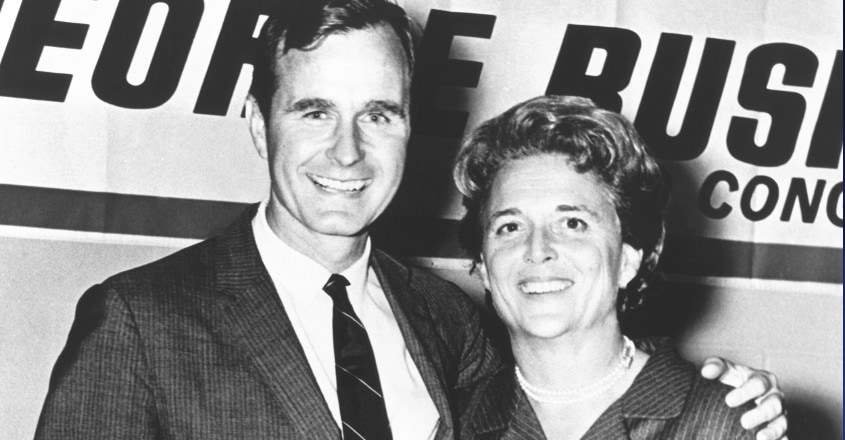
Bush did send Trump a letter in January 2017 saying he would not be able to attend his inauguration because of health concerns, but wishing him the best.
